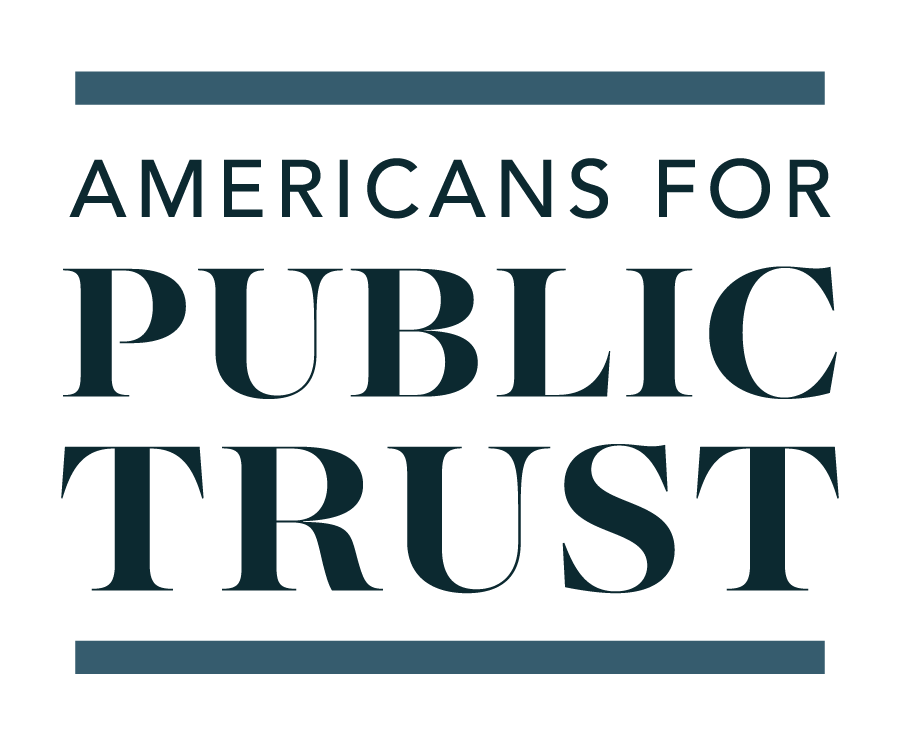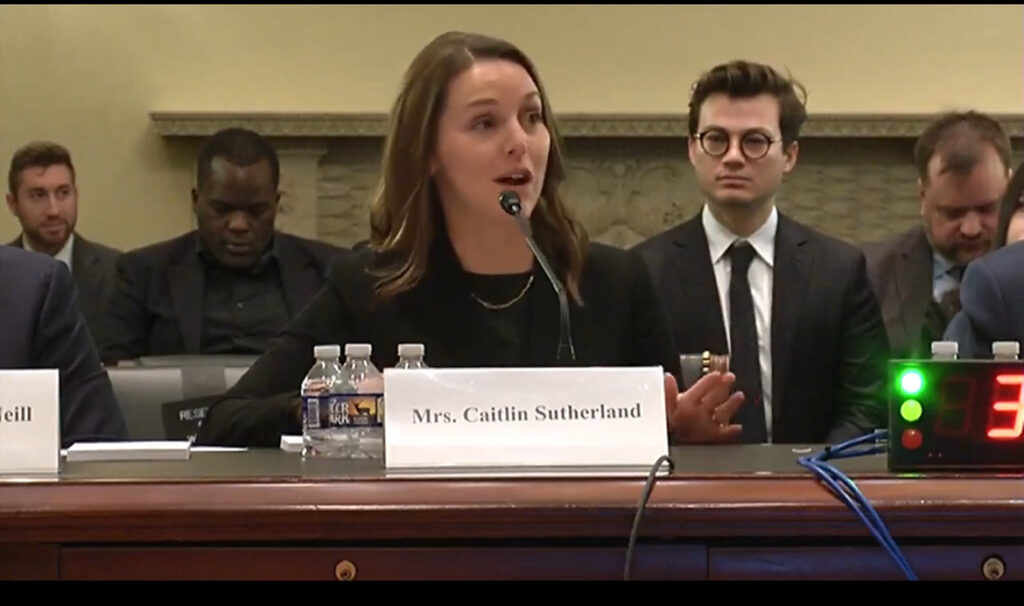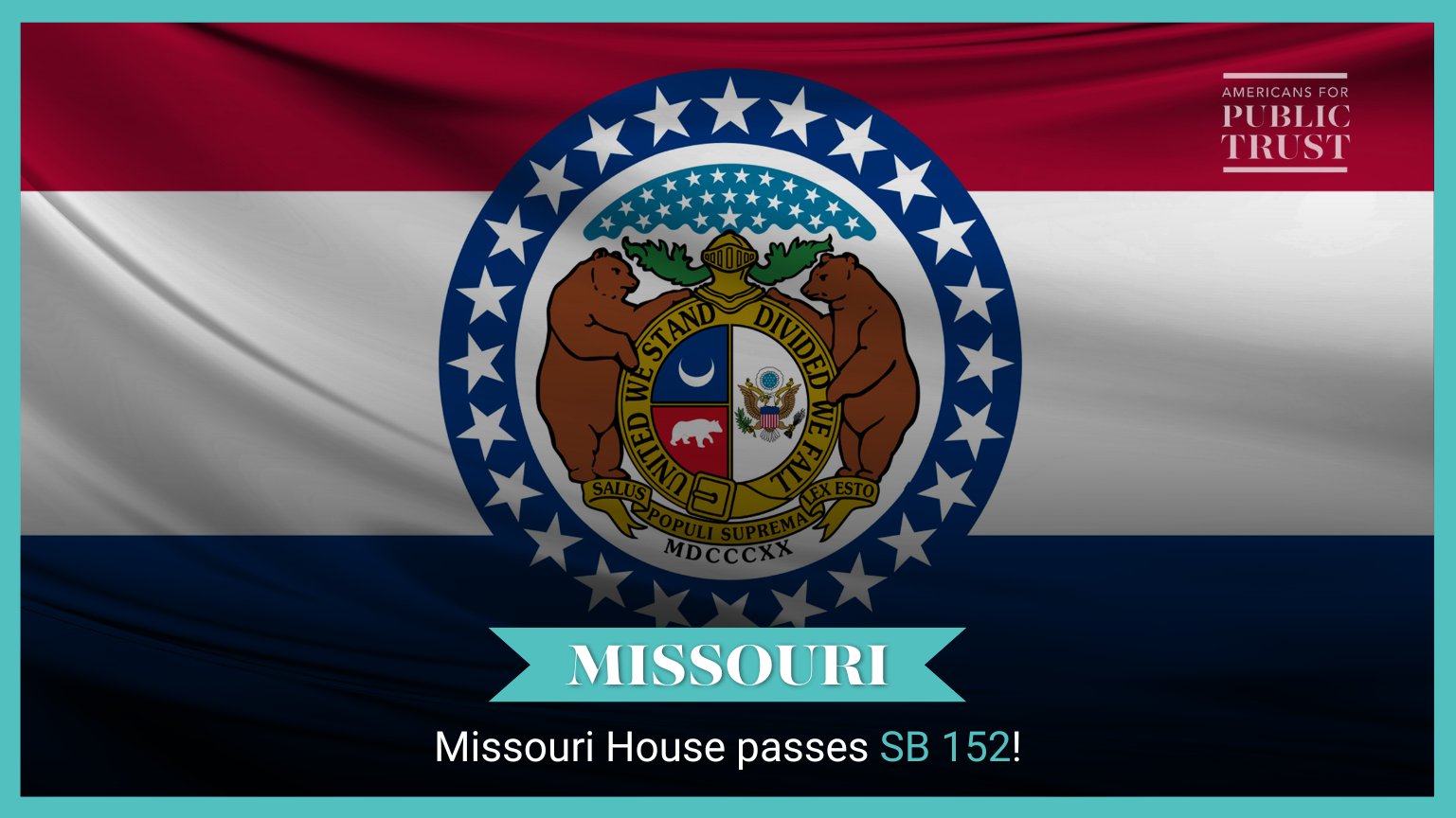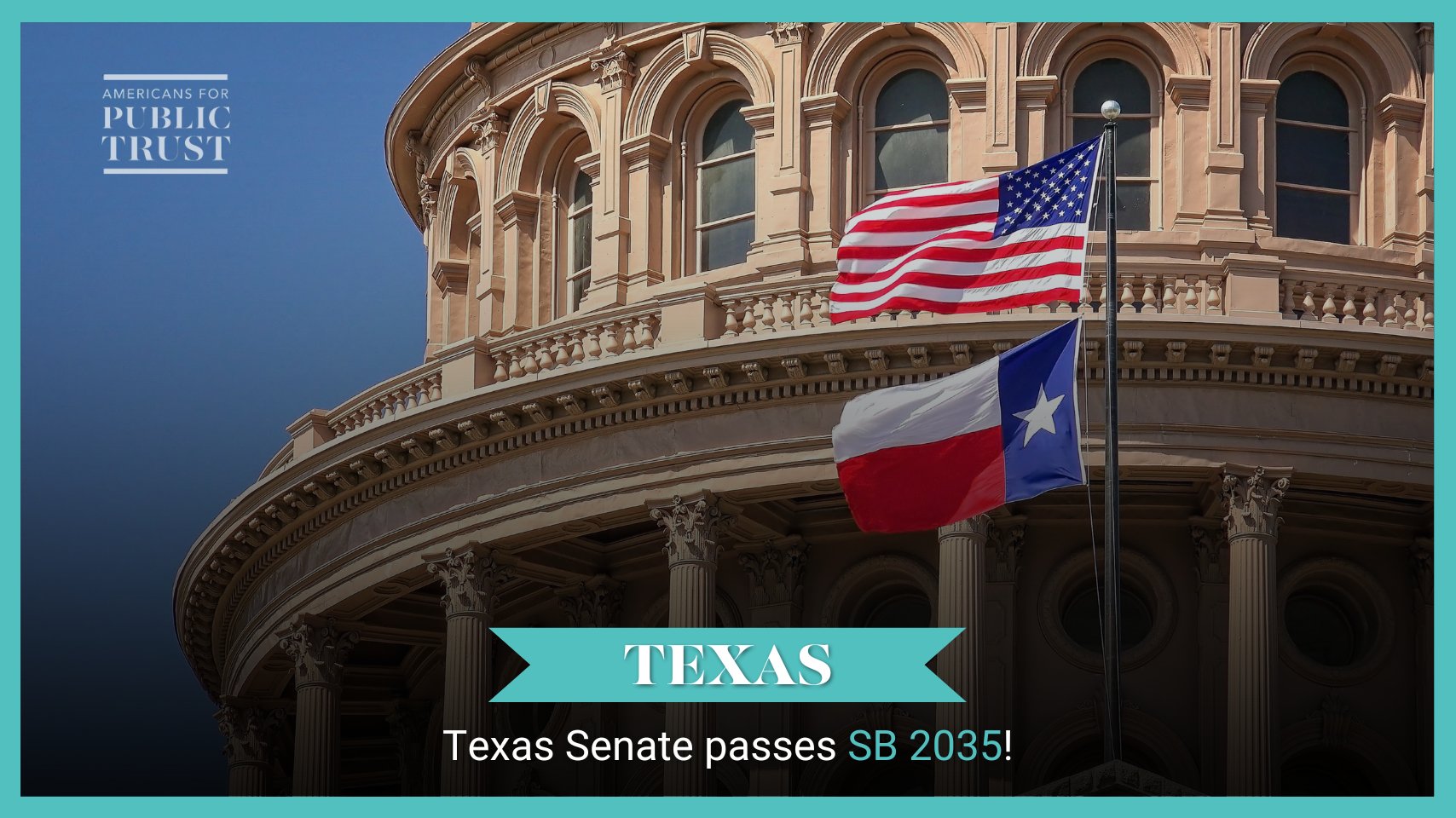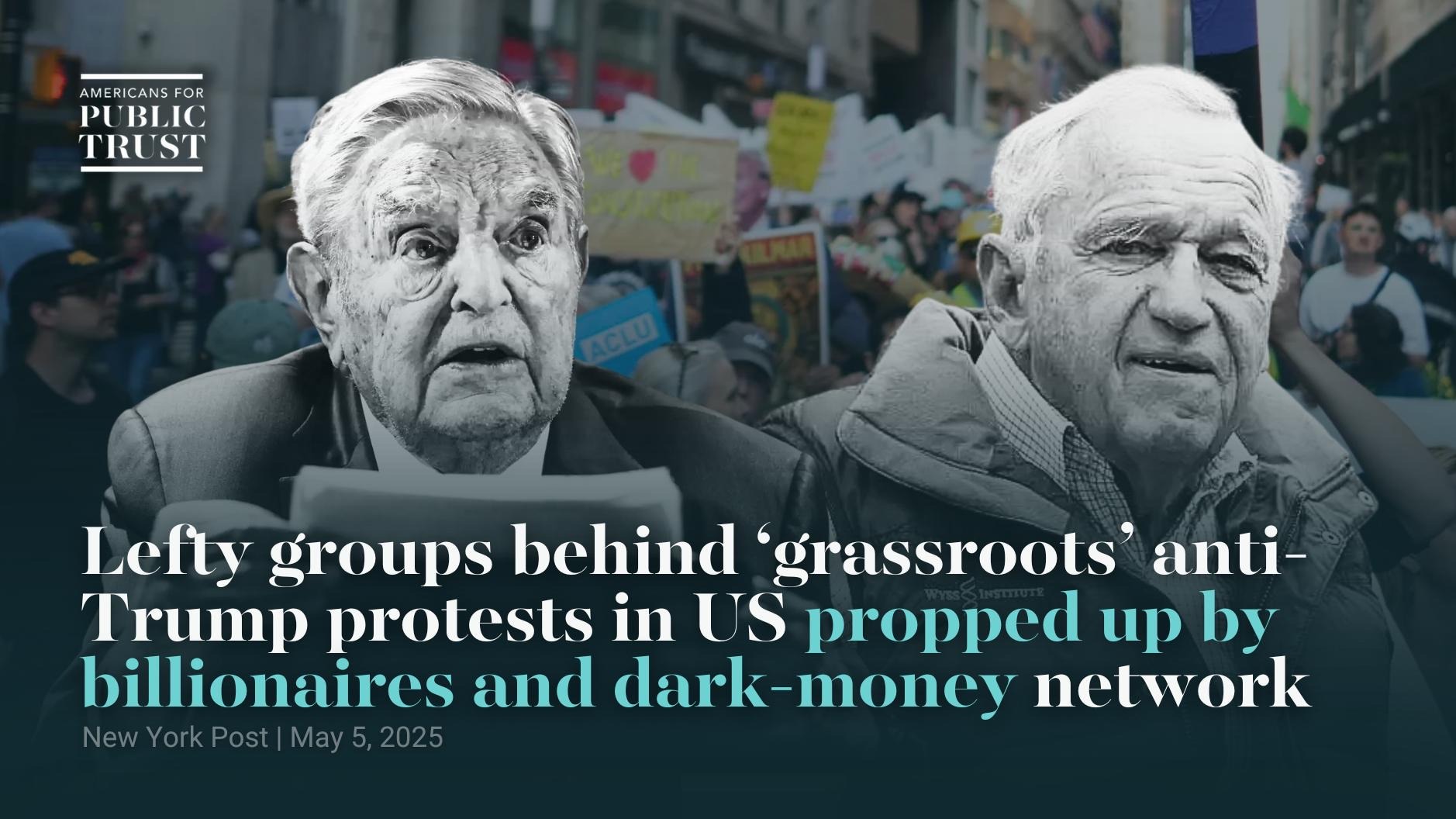On Wednesday, December 18th, 2024, Americans for Public Trust Executive Director Caitlin Sutherland testified at a hearing on foreign interference in U.S. elections held by the Committee on House Administration. Sutherland’s testimony focused on foreign influence loopholes that currently allows foreign nationals to influence American elections — from door knocking to ballot issue campaigns.
Read excerpts from Caitlin’s testimony below:
On foreign influence loopholes in federal law… “The majority of Americans agree that foreign nationals should be prohibited from influencing our elections. In fact, that has been federal law for 40 years. But unfortunately, federal law is inadequate when defining what foreign nationals can and cannot do. Essentially, foreign nationals are only prohibited from contributing directly to a candidate, committee, or Super PAC, or participating in a campaign’s decision-making process. This means foreign nationals can largely still influence a whole host of other election-related vehicles with zero repercussions.
It is currently legal for foreign nationals to pay for get out the vote operations, voter registration, issue advocacy, voter education, ballot harvesting, door knocking – like how the UK’s Labour Party actively recruited British nationals to knock on doors to support Kamala Harris – and state and local ballot issue campaigns. Congress should act to close all these foreign influence loopholes.
The issue of foreign nationals influencing our elections is not a hypothetical one, but a real and ongoing threat…”
On Sixteen Thirty Fund… “Sixteen Thirty Fund, the ‘indisputable heavyweight of Democratic dark money’ according to The Atlantic, receives this foreign money and then turns around and bankrolls political battles all across the country…Sixteen Thirty Fund has poured $130 million into ballot issue campaigns in 25 states. Ballot issues, while an important democratic tool, are also used to drive voter turnout to influence candidate races, and often push the most extreme version of policies that would not withstand the legislative process.
During the 2024 election cycle, Sixteen Thirty Fund spent over $37 million in foreign-backed cash targeting ballot issues in Alaska, Arizona, Florida, Missouri, Montana, Nebraska, Nevada, and Ohio.
On closing foreign influence loopholes… “Any vehicle that broadly influences the electoral process – from door knocking to ballot issues – should not be paid for by foreign dollars. These are simple, commonsense loopholes to close, and I think we can all agree foreign billionaires, the UK’s Labour Party, and CCP officials should stay out of our politics.”
On banning foreign funding in U.S. elections…
Chairman Bryan Steil: “Does anyone have an argument that we should not ban foreign funds from coming into ballot initiatives. Any of our witnesses? Let the record reflect all of them agree that we should work to ban this. We have legislation to ban this at the federal level, and we continue to get caught up in the gobbledygook. But when you look at the impact that these foreign funds are having directly in U.S. elections, I think most Americans would be shocked. Because we know on the books a foreign national is not allowed to directly contribute into a U.S. candidate. Is that accurate, Ms. Sutherland?”
Ms. Caitlin Sutherland: “That’s correct.”
Chairman Steil: “But all they have to do is simply use the workaround and implement their funds and channel it through a loophole that allows those funds to come in and directly impact U.S. elections, correct?”
Caitlin Sutherland: “Correct.”
Chairman Steil: “So as we look at the impact that this has in our elections, how much money have you identified just one foreign individual spending in the past handful of years?”
Caitlin Sutherland: “So Hansjörg Wyss who’s a Swiss billionaire and not a U.S. citizen, has contributed around a quarter of a billion dollars into the Sixteen Thirty Fund and then the Sixteen Thirty Fund turns around and spends it on a whole host of activities.”
On Hansjorg Wyss and Berger Action Fund…
Rep. Stephanie Bice: Can you describe a little more about the 501c4 organizations that [Hansjorg Wyss] participates in?
Caitlin Sutherland: “Hansjorg Wyss is a reclusive Swiss billionaire…most of his foreign money comes through a group called the Berger Action Fund, which the Associated Press described as a ‘nondescript name for a group with a rather specific purpose,’ steering the wealth of a foreign billionaire into the world of politics and policy. We have seen his foreign money pop up in many things, including giving to States Newsroom through the Wyss Foundation, which operates the Oklahoma Voice in your state. Also, his foreign money has been traced to all these ballot initiatives — through the Sixteen Thirty Fund, we’ve seen over $130 million in 25 states over the last several election cycles.”
On how Sixteen Thirty Fund tried to get around Ohio’s ban on foreign money… “on the same day that Governor DeWine called that special session to tackle two things – getting then President Biden on the ballot in Ohio and two, banning foreign money – Sixteen Thirty Fund clearly sensing that this ban on foreign money was going to pass sent $6 million into an Ohio ballot issue committee, seemingly front loading the cash before it became illegal in Ohio.”
On Marc Elias’ efforts to overturn Ohio’s ban… “Marc Elias, he’s been very busy this election year denying the results in the Pennsylvania Senate race, as well as defending that foreign money should be allowed to come into Ohio. Just weeks after the Ohio legislature passed that ban, he turned around and sued the state of Ohio, arguing that foreign nationals should be able to contribute to ballot issues. Fortunately, the Sixth Circuit recently upheld that decision and said that the law can go into effect.”
On closing foreign influence loopholes on the state and federal level…
Rep. Laurel Lee: “Are there any particular steps that you would recommend that state legislatures or Congress take to close those loopholes?”
Caitlin Sutherland: “Yes, implementing a ban like Ohio did, which can also be done on the federal level, to reject the issue that foreign nationals can give to a ballot issue campaign. I’d also like to point out that it was not the FEC that created the loophole. The FEC interprets law. Ballot issues are inherently not elections. So therefore, the prohibition on foreign nationals influencing elections does not apply. So, it’s not that Republican commissioners created this loophole, it’s that they interpret the law, and currently there is no law on the federal level, and in most states, that say foreign nationals can’t give the ballot issue campaigns. So it’s a simple common sense measure to implement, and I really look forward to tackling this issue again next Congress.”
